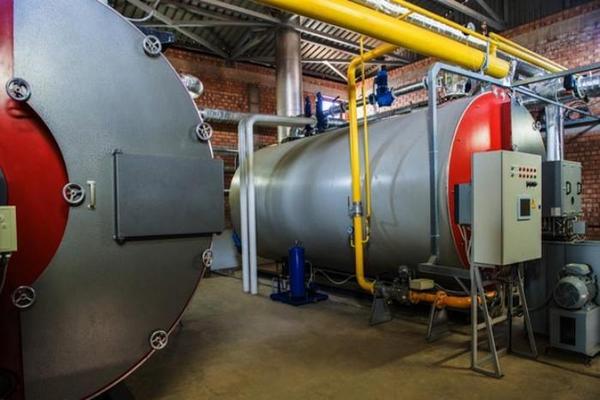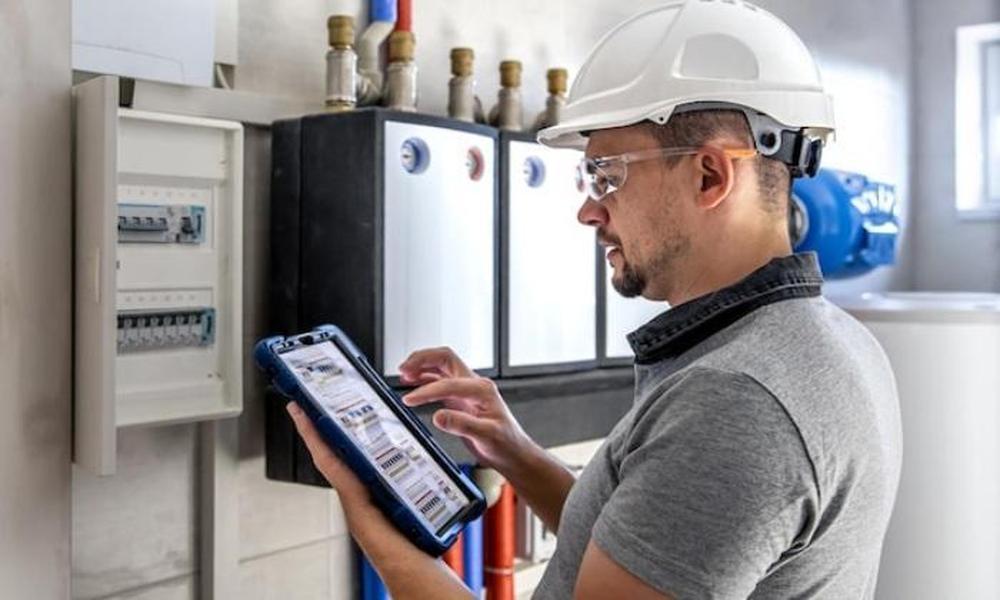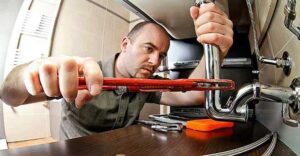Boiler installation is a critical component of any heating system in both residential and commercial settings. A properly installed boiler ensures energy efficiency, safety, and the reliable provision of heat. In this article, we will explore the essential aspects of boiler installation, from choosing the right boiler to ensuring proper installation and maintenance.
Choosing the Right Boiler

Selecting the right boiler is the first step in the installation process. There are various types of boilers available, each with its own advantages and suitability for specific applications. The two most common types are:
Combi Boilers
Combi boilers, short for combination boilers, are known for their space-saving design and efficiency. They provide both hot water for domestic use and heating for the entire house. This makes them an excellent choice for small to medium-sized homes or apartments. Combi boilers are relatively easy to install, as they do not require a separate hot water cylinder or storage tank.
System and Regular Boilers
System and regular boilers are ideal for larger homes with multiple bathrooms and higher hot water demand. They work in conjunction with a separate hot water cylinder and provide consistent hot water supply. These boilers are suitable for more extensive properties where space is not a limitation.
When selecting a boiler, it is essential to consider factors such as the size of your property, hot water requirements, and budget. Consulting with a professional boiler installer can help you make an informed decision.
Professional Installation
Professional installation of a boiler is crucial to ensure safety, efficiency, and compliance with local regulations. It’s strongly recommended to hire a certified heating engineer or plumber to carry out the installation. Here’s what you can expect during the installation process:
Assessment and Sizing
Prior to the installation of a boiler, an expert will evaluate the heating requirements of your property. They will determine the correct dimensions and power of the boiler to guarantee it can adequately fulfill your hot water and heating needs. Insufficiently sized boilers may result in inefficiency, whereas excessively large boilers can squander energy and finances.
Location and Ventilation
The boiler’s ideal placement will be determined by the installation technician. To guarantee the appliance’s safe functioning, it is crucial to have proper ventilation. Sufficient air supply and appropriate exhaust venting are necessary to avoid the accumulation of hazardous gases, including carbon monoxide.
Piping and Plumbing
The boiler will be linked to the heating system by the installer, incorporating radiators or underfloor heating, along with the hot water distribution system. The effective flow of heat and hot water throughout your property is ensured through appropriate piping and plumbing.
Testing and Commissioning
Once the installation is complete, the technician will conduct a comprehensive assessment of the boiler and heating system to guarantee their proper operation. This will involve inspecting for any potential leaks, confirming the functionality of the thermostat and controls, and scrutinizing the safety measures in place. The system will only be put into regular use once it successfully meets these criteria.
Regular Maintenance and Servicing
Boilers require regular maintenance to operate efficiently and safely. Neglecting maintenance can lead to reduced performance and potentially hazardous situations. It’s advisable to schedule annual servicing by a qualified technician. During a service visit, the following tasks are typically performed:
- Cleaning: The technician will clean the boiler and its components, including the burners and heat exchangers. This helps maintain the boiler’s efficiency by removing soot and other deposits that can hinder heat transfer.
- Inspection: A thorough inspection will be carried out to identify and address any issues that may affect the boiler’s performance or safety. This may include checking for gas leaks, loose connections, or worn-out components.
- Efficiency Assessment: The technician will assess the boiler’s energy efficiency and combustion performance. Adjustments may be made to optimize efficiency and reduce fuel consumption.
As a final point, proper boiler installation is the foundation of an efficient and safe heating system. Selecting the right type of boiler, professional installation from Tomlinson Energy, and regular maintenance are essential steps to ensure your boiler operates reliably, safely, and cost-effectively. By investing in these aspects, you can enjoy a warm and comfortable living or working space while minimizing energy consumption and environmental impact.



